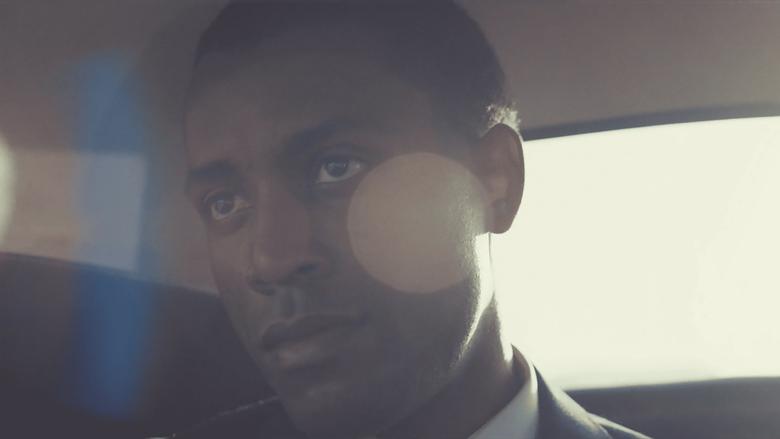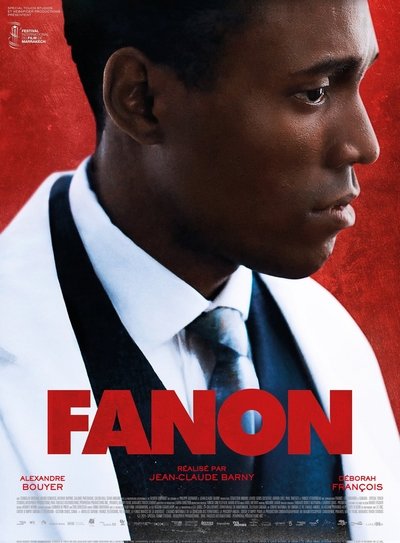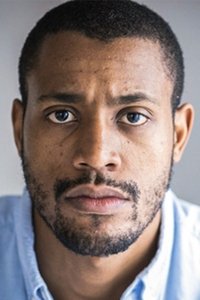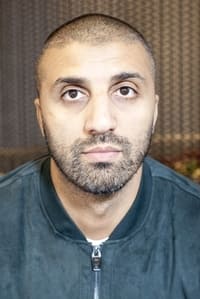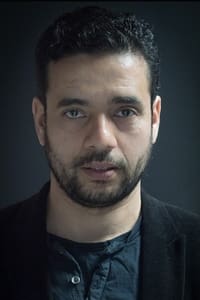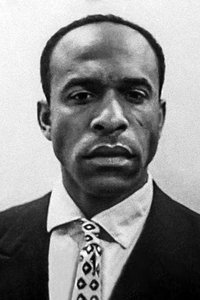Fanon
Genres
HistoryDrama
OverView
Frantz Fanon, a French psychiatrist from Martinique, has just been appointed head of department at the psychiatric hospital in Blida, Algeria. His methods contrast with those of the other doctors in a context of colonization. A biopic in the heart of the Algerian war where a fight is waged in the name of Humanity.
Others
Budget
$3284000
Revenue
$--
Status
Released
Original Language
French
Runtime
132 mins
Rating
6.5/10
Release Date
03 December 2024
Country
Canada
